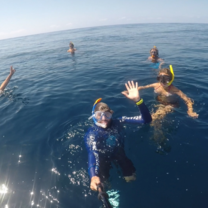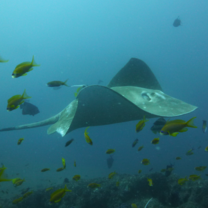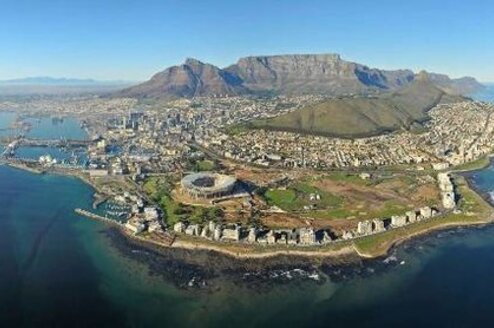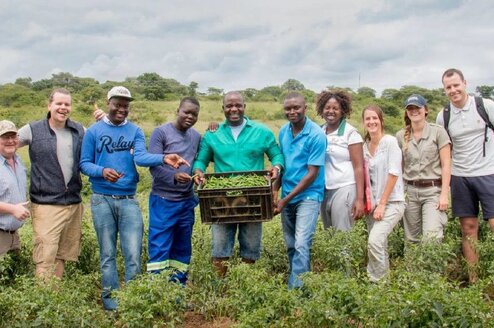- Mozambique
About Program
Volunteer in one of the most beautiful coastal locations in Africa, getting involved in industry-leading, globally-recognized humpback whale research. As a volunteer on this 2 to 4 week program, you’ll learn all about these majestic creatures, including their behaviour, migration patterns, distribution and conservation.
You will learn research techniques and partake in frequent excursions out to sea, transforming scientific data into real solutions, in an effort to protect this species and preserve their valuable breeding ground. Humpback whales visit the area from the beginning of July to the end of September by the thousands to mate, give birth to their calves and lactate them until they are strong enough to migrate back to the rich waters of Antarctica where they feed during the summer.
Video and Photos
Diversity & Inclusion 💙
BIPOC Support
LGBTQIA+ Support
Impact 🌎
Sustainability
Ethical Impact
Our Child Protection Policy has been vetted and approved by Keeping Children Safe (KCS), who represent a commitment by organizations worldwide to safeguard all children from exploitation, abuse and violations of their human rights.
Program Highlights
- Mozambique: Immerse yourself in the diverse and unique culture of Mozambique
- Beach Life: Live right on the stunning beach amongst white dunes and crystal clear waters
- Marine Diversity: Spot whale sharks, manta rays, dolphins and a wide array of other marine life
- PADI Open Water Qualification: Volunteers have to opportunity to obtain their PADI ceritfication
Program Impact
WHALE RESEARCH
Volunteers will participate in boat-based expeditions to collect data on humpback whales such as behavior, movement patterns, age and sex, and learn about research techniques that are used to study these whales. Gathered data will then be interpreted by the whale research team.
PHOTO IDENTIFICATION
Volunteers will learn how to capture photographic identification shots of migrating whales and their calves.
MARINE CONSERVATION
Volunteers will be actively involved in every aspect of the research and will gain knowledge on how the scientific data contributes to the real protection or conservation efforts.
SCIENTIFIC TALKS
Volunteers have the opportunity to listen to talks on whale biology, anatomy, physiology, pathology, acoustics, research, and conservation.
COMMUNITY ENGAGEMENT
Take part in activities that encourage community involvement and interaction which are essential in conservation initiatives, such as creating and presenting educational classes on marine biology, ecology and conservation to the local community.










